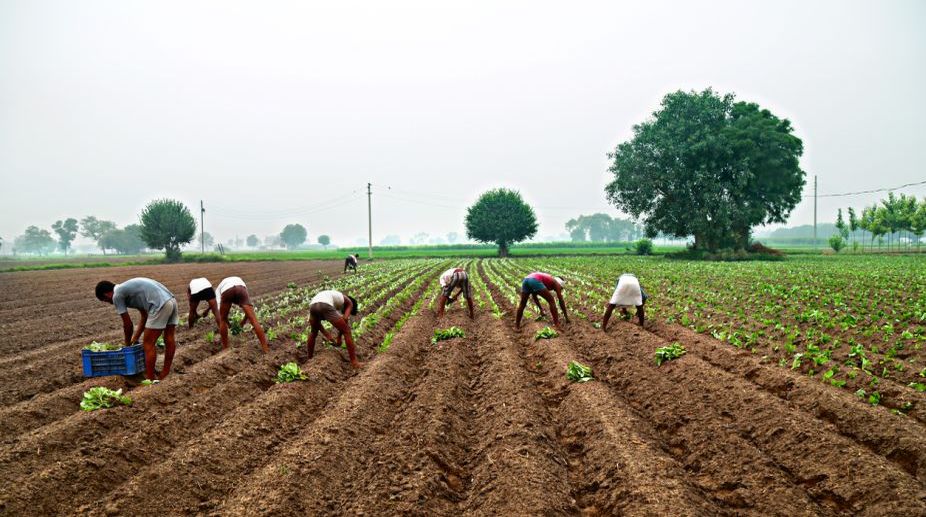The UN International Fund for Agricultural Development (IFAD) and the Indian government signed a $168 million pact to sustainably raise incomes and food security for tribal farming households in northeast India, IFAD reported.
The six-year project will help 201,500 rural highland farming households in tribal villages in 12 districts located in the uplands of Mizoram and Nagaland States, IFAD said.
Advertisement
The target population is smallholder farmers who depend on rain-fed agriculture and a shifting cultivation system known as ‘jhum’ for their livelihoods, IFAD stated.
“Once sustainable, the jhum-based upland farming system is breaking down due to low productivity, shortening and shifting cultivation cycles with less time to restore soil fertility and biodiversity, and an increasing demand for food by a growing population,” said Meera Mishra, the IFAD country coordinator for India.
“Changing climate patterns are also having a negative effect,” Mishra added.
The project will systematically align traditional jhum practices to the natural regeneration cycle of forests while encourage jhum farming households to adopt alternative farming systems, such as sedentary farming, wet-terrace rice fields and improved livestock systems, said IFAD.
The aim is to promote climate-resilient, remunerative and environmentally sustainable agricultural practices that reduce pressure on natural resources, according to IFAD.
The project includes a $75.5 million loan and a $1 million grant from IFAD and will be co-financed by the governments of Mizoram and Nagaland.
The agreement was inked by Gilbert F. Houngbo, President of IFAD, and Anurag Agarwal, Joint Secretary in the Indian Department of Economic Affairs, IFAD stated.
IFAD said it had financed 29 rural development programmes and projects in India since 1979, investing $1.12 billion to benefit almost 4.8 million rural households.











